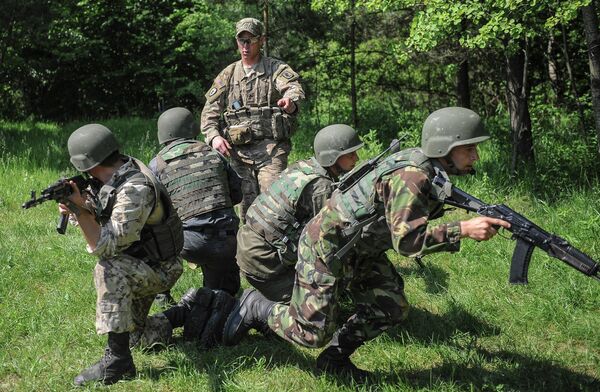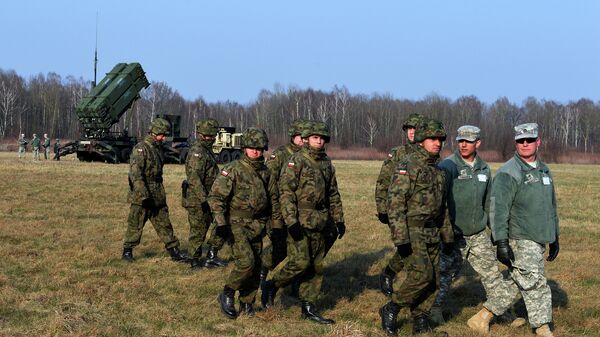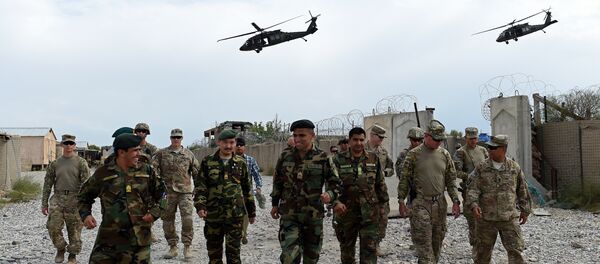A Cold War-style RAND Corporation report suggests that Russian military forces could reach the outskirts of the Baltic capital cities of Tallinn and Riga in 60 hours.
"Across multiple games using a wide range of expert participants playing both sides, the longest it has taken Russian forces to reach the outskirts of Tallinn and Riga is 60 hours," the study says.
"Such a rapid defeat would leave NATO with a limited number of options, all bad," it stresses.
However, RAND made a few recommendations on how to handle the "threat."
The study suggests that "a force of about seven brigades, including three heavy armored brigades — adequately supported by airpower, land-based fires, and other enablers on the ground" — is likely to prevent the rapid overrun of the Baltic states.
"In all, the report puts the figure for fielding seven brigades to deter potential Russian aggression at about $2.7 billion," Majumdar points out.
The study's authors, however, wasted no time in justifying the spending:
"That is not a small number, but seen in the context of an Alliance with an aggregate gross domestic product of more than $35 trillion and combined yearly defense spending of more than $1 trillion, it is hard to say that it is a fortiori unaffordable, especially in comparison to the potential costs of failing to defend NATO's most exposed and vulnerable allies — of potentially inviting a devastating war, rather than deterring it," the report says.
However ludicrous the scenario may be, the study reflects NATO's trend toward amassing military forces in Central and Eastern Europe, in close proximity to Russia's borders, under the false pretext of Moscow's "threat."

The move was qualified by Russian Foreign Ministry spokeswoman Maria Zakharova as an attempt to "create grounds to implement military plans against Russia and take practical steps to push military infrastructure closer to Russia's borders."
Nearly simultaneously the BBC program released a hypothetical WWIII scenario, where Russia "invades" Latvia. Russian Ambassador to Latvia Alexander Veshnyakov called the show a "dangerous provocation" aimed at demonizing Russia and justifying the needs of the military lobby to increase the spending of NATO in Europe."




